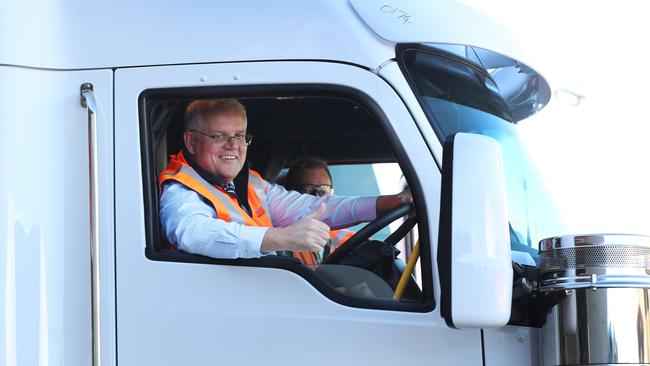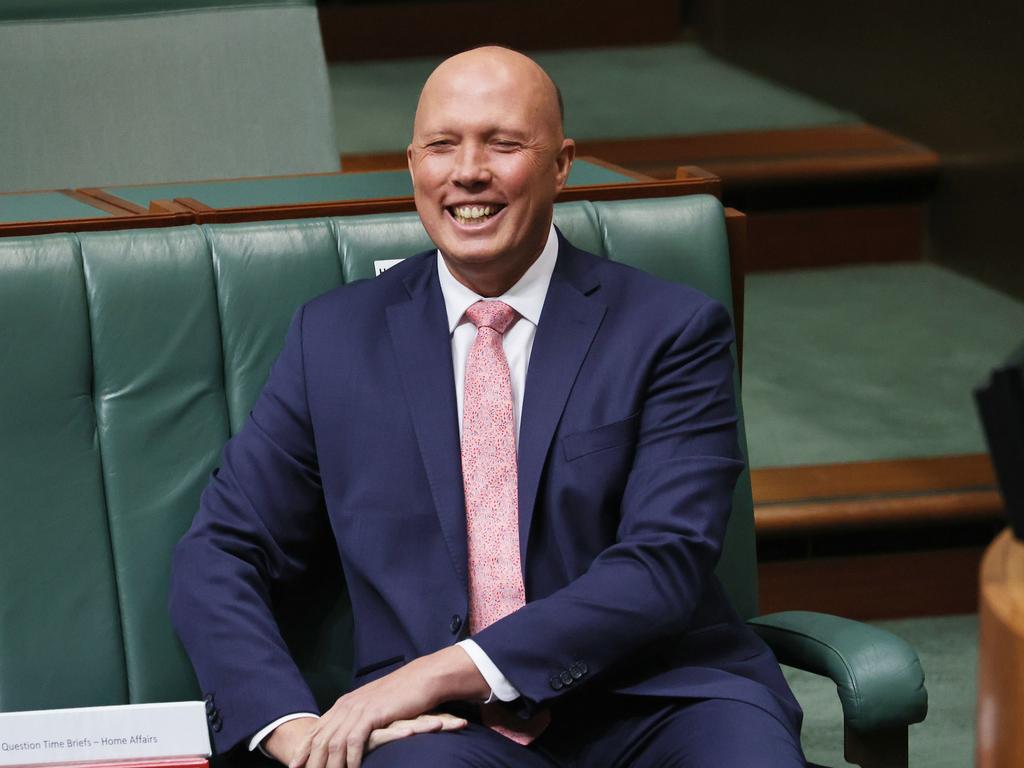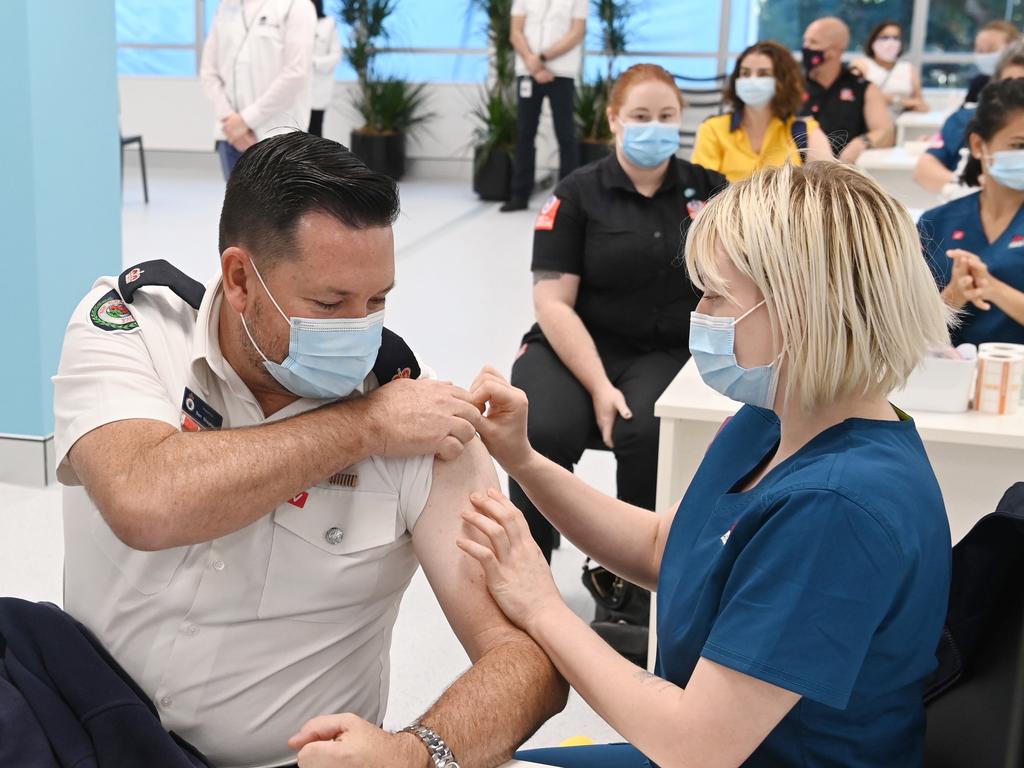
We are still in the grips of the crisis that is the COVID-19 pandemic. Sure, life in Australia seems normal — but a reality check, please. What part of normal involves our federal government seriously considering the introduction of domestic vaccine passports so you and I can travel freely within our own country? What part of normal involves keeping 25 million people prisoners behind their own borders indefinitely?
Nothing about this is normal. Don’t get me started on this sham that is “COVID normal” either. That concept is just a cover for inaction and indecision. The fact we’re even at this point, with no clear plan out of this space, tells me a lot about Australia’s most valuable political currency, about the fabric of our political class. I’d like to humbly propose that it’s nothing to be proud of.
Character, leadership, conviction: where are they? Have these words become obsolete in our political lexicon? In COVID Australia (with the notable exception of NSW Premier Gladys Berejiklian and her cabinet) they are MIA.
Scott Morrison is refusing to set a date to open Australia’s international borders, also known as giving us back our freedom. He cites many reasons, all on the surface valid enough, but I’ll wager none are as valid as the polling that says most of my fellow countrymen are afraid.
The political currency du jour is fear. This isn’t about suggesting a devil-may-care attitude to returning our freedoms or throwing the doors open like a post-Christmas sale. It’s about watching in frustration as the Prime Minister and most premiers have danced to the tune of opinion polling. It’s so transparent as to be laughable.
I had thought the most bizarre unity ticket ever born was the joint billing of Kevin Rudd and Malcolm Turnbull versus the world, until Morrison and West Australian Premier Mark McGowan got matching Fortress Australia T-shirts. Elections, hey?
When fear is the most potent driver of political decisions, it isn’t leadership. It is simply weakness responding to weakness, fear to fear.
To be abundantly clear, this isn’t about wanting borders open or closed (though I’d like to see my family again and don’t consider that a luxury). It’s about the deception of promoting the complete falsehood that zero COVID is achievable and sustainable, even in the short term. That the decisions being made are not being done with one eye on a polling booth. It’s about having no plan and no clarity. This is about governments that aren’t leading, they’re hedging.
Sure, it is electorally a winner right now, but careful what you wish for. When you spend 18 months conditioning voters to be afraid, in word and in deed, it is a tricky thing to walk back from.
That’s before you count the unintended cost. A third of people say they won’t get vaccinated (for the record, I will when it’s available to me). And why would they? We’re being told we are safe inside Fortress Australia. Us against the world. No jab? No worries.
I wonder: has this been a slow descent from leadership by conviction, to floating along by consensus, or is it just that it’s only when the tide goes out that we discover who has been swimming naked? It happens in corporate life, too. Conviction costs. Persuasion is an art. Prosecuting an argument, taking people with you on a journey, despite fear not because of it, is a truly fine art. Have these skills been lost?
Where are the leaders who come with the courage to die (politically, professionally) for their convictions, with a longer-term vision than the next polling date? It has been 20 odd years since the last great reforming prime minister, John Howard, went to the polls with the GST. Before him it was Bob Hawke and Paul Keating who led and implemented difficult change in the face of opposition.
Reform is ugly, tough and almost always unpopular in the moment but it’s ultimately for the greater good and for the long haul. Where have our great reforming leaders gone? You may argue that a leader can’t reform if they get booted out at the next poll but that’s the dance, isn’t it? That’s the skill. Knowing how to lay it all on the table and convince people to follow you into the deep.
There’s a saying that well-behaved women rarely make history and it’s probably true, but the same can be said for leaders (male or female) who favour consensus over courage. Real leaders have the courage to count the cost, put purpose over preference and convince us to go with them. These are the leaders who make history.
Gemma Tognini is executive director of GT Communications.







It’s a popular and true saying that crisis reveals character. It does not craft it. It rarely forms it, save post-event, and only among those wise enough to know the lessons you learn in the fire are always worth the pain.